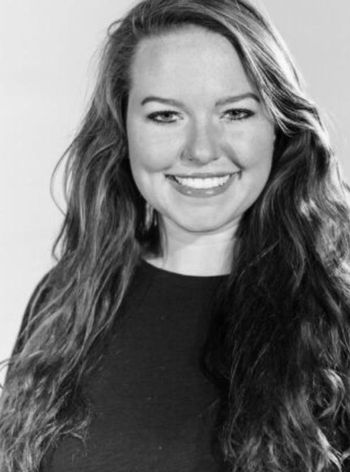EXCLUSIVE: Boston University prof suggests TAXING fake news
A Boston University professor is suggesting tackling the problem of fake news by taxing it.
BU business professor Marshall Van Alstyne advocated the approach in a recent BU news release, expanding on the concept in an interview with Campus Reform. Van Alstyne says it is important to note that he does not want the censoring of free speech, but rather an accountability system for harmful fake news.
“You could sample messages, find out some proportion of false and damning information, and then tax in proportion to the damage that’s being done,” Van Alstyne told BU. “What you’re doing is you’re taxing the damage. You’re not taxing the speech.”
[RELATED: Harvard pushes list calling conservative websites ‘fake news’]
“The simplest definition [of fake news] is information that causes harm at scale,” he said, suggesting that it may have cropped up in the 2016 presidential election and Brexit.
“[The point is] to recognize disinformation as a form of pollution in your news feed just like carbon monoxide in your air supply or dioxin in your water stream,” the professor explained to Campus Reform. “Social media platforms effectively pick up and amplify anything that generates engagement, regardless of whether this creates happiness or harm.”
Van Alstyne emphasized that he does not want to regulate free speech, but instead the consequences of it.
“The tradeoffs are difficult to balance on both sides,” he told Campus Reform. “The extremes are easy: On one hand, we don’t allow outright lies about products or people’s character, and on the other hand, we must promote free speech even of unpopular opinions -- abolishing slavery and promoting women’s suffrage were once unpopular. The middle ground is hard and mechanisms that police speech must be applied very delicately and with great caution.”
[RELATED: UMich offers course on fake news coverage of Trump]
Though the term “fake news” has become more popular with recent political climates, Van Alstyne noted that it is not a new problem, referencing World War II as a time where fake news was used to spread wrong information to opponents’ enemies.
He said that the modern iteration of fake news has two new features.
“First, it’s possible for one partisan to ‘whisper’ salacious claims to large audiences in ways that are almost invisible to third parties affected by those claims. This was much harder with broadcast TV or radio,” Van Alstyne told Campus Reform. “Second, unlike traditional media that hired journalists...modern platforms do not create the content they distribute….Platforms, both by law and by design, largely absolve themselves of responsibility for content even as their algorithms choose what to censor and what to amplify.”
To solve the problem, Van Alstyne suggests looking at foreign governments.
“Apply the penalty narrowly to misinformation spread by foreign governments,” the professor told Campus Reform. “They don’t have a citizen’s right to speak and shouldn’t be meddling in our elections anyway. Such a narrow intervention would reduce disinformation from foreign adversaries but have no effect on citizens themselves. Neither left nor right-leaning citizens would be affected. Yet, it would alter platforms’ incentives to use such information to foster engagement.”
[RELATED: College pushes ‘fake news’ chart calling liberal sites ‘analytical’]
Van Alstyne told Campus Reform that he does not want his views to be assumed as leaning left or right because he is a professor or lives in Massachusetts, but that he is “deeply committed to finding the truth, regardless of the voice that happens to speak it.”
Follow the author of this article on Twitter: @BrittanySlaugh5

